
Which of the following complementary and alternative medicine (CAM) therapies may have beneficial effects on symptoms of mild cognitive impairment (MCI) and Alzheimer disease (AD)?

Which of the following complementary and alternative medicine (CAM) therapies may have beneficial effects on symptoms of mild cognitive impairment (MCI) and Alzheimer disease (AD)?

Engaging in mindfulness activities either individually or with patients who come to us for brief medication visits can have a profound influence on the therapeutic process.
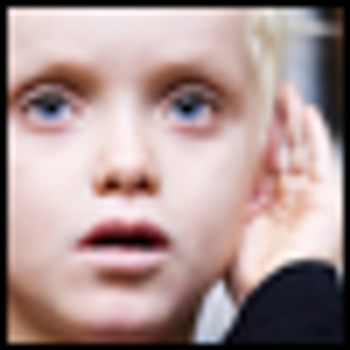
A recently published NIH study of 112 children suggested that some children might possibly outgrow autism.

There is promising evidence that some complementary and alternative medicine therapies can alleviate ADHD symptoms. These may include herbals such as Bacopa and Pycnogenol, as well as supplements such as zinc.
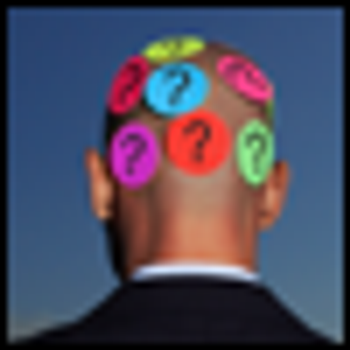
Ongoing advances in functional brain imaging will permit studies on postulated roles of magnetic fields, biophotons, and macroscopic highly coherent quantum field effects on normal brain functioning and mental illness.

Consumers, mental healthcare professionals, researchers and public health advocates can now access comprehensive information on all aspects of integrative mental healthcare via a new Web site launched by the International Network of Integrative Mental Health.

Here, Dr Ira Steinman, discusses the concept behind "Beyond Pandora's Box: Exploring Integrative Approaches to Treating Psychosis."

The DSM-5 attempt to “dimensionalize” the diagnosis of personality disorder has worthy goals, but has suffered from grievously incompetent implementation.

In a childhood obesity article, the JAMA authors suggest "involvement of state protective services . . . including placement into foster care in carefully selected situations" as an alternative to treatment at newly established pediatric surgical weight loss programs. Do you agree?
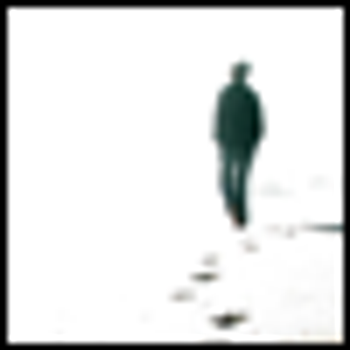
Daily meditation over a consistent period of time changes gray matter density in parts of the brain associated with memory, sense of self, empathy, and stress. But more research is needed.

More than half of parents who have children with ADHD treat their child’s symptoms with vitamins, dietary changes, and expressive therapies-but only a small minority tell their doctor. More in this podcast.
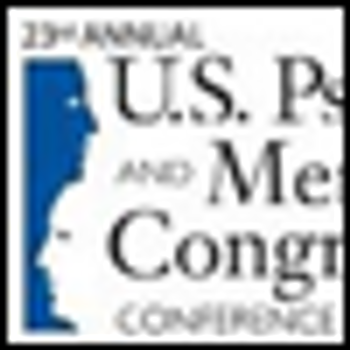
LIVE FROM PSYCHIATRIC CONGRESS It is no surprise that pain, depression, and anxiety form a "terrible triad"--but now there’s proof, according to results from research presented1 at the 2010 US Psychiatric and Mental Health Congress (Psych Congress).

The following is a transcript of a podcast by Dr James Lake.

Since the 1980s, there have been growing concerns that chronic cholesterol depletion may actually increase noncardiovascular deaths by suicide and violence-related deaths.

As many as 80% of patients who use herbal preparations and other natural products regard these therapies as the primary treatment of their ADHD symptoms.

There are currently several disturbing phenomena in the field of suicidology: •Many papers are describing risk assessment and suggesting the need for high-risk patients to be hospitalized. •Emergency department (ED) staff are complaining about spending much of their time trying to find beds for patients. •Programs are claiming “crisis intervention” when, in fact, they only provide triage.
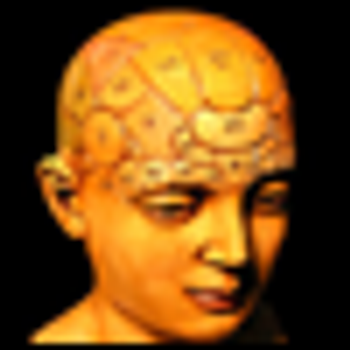
The editors of Psychiatric Times interview Vladimir Maletic, MD, PA, clinical professor of neuropsychiatry and behavioral science at the University of South Carolina School of Medicine, Columbia; founding member of the Integrative Neurobiology Educational Alliance; and member of the U.S. Psychiatric and Mental Health Congress 2009 advisory board.

Findings of a recent large population survey suggest that 1 in 3 adults in this country (approximately 72 million people) uses 1 or more complementary and alternative medicine (CAM) modalities during any given year.1 Many CAMs are widely regarded as safe on the basis of their established uses in traditional systems of medicine over centuries or longer and their current widespread use in the United States and other Western countries. Unfortunately, there is limited reliable information on potential risks associated with the majority of these approaches.

Acupuncture is associated with an increase in the level of neurobiologically active substances, such as endorphins and enkephalins. There are also data indicating that acupuncture induces the release of norepinephrine, serotonin, and dopamine.

This review provides an overview of the efficacy, safety, and mechanisms of action in the treatment of depression.

Everyone is unique at the level of social, cultural, psychological, biological, and possibly "energetic" functioning. By extension, in every person, the complex causes or meanings of symptoms are uniquely determined. The diversity and complexity of factors that contribute to mental illness often make it difficult to accurately assess the underlying causes of symptoms and to identify treatments that most effectively address them.

Although there is evidence in the research literature from as far back as 40 years showing that the symptoms of attention-deficit/hyperactivity disorder (ADHD) often persist into adulthood, it has been only in the past decade or so that integrative treatment models designed specifically for adult ADHD have been developed.

In part 1 of this column, I reviewed research findings of the most substantiated nonpharmacological and integrative treatments for anxiety, such as kava-kava, L-theanine, applied relaxation, yoga, meditation and mindfulness training, virtual reality graded exposure therapy, and biofeedback training.

Virtual games, such as World of Warcraft, The Sims, and Second Life, are played by thousands every day, allowing people, worldwide, to connect and share information. In fact, the virtual "worlds" that can be created in these games are now being used to make money (through buying and selling virtual objects), to form partnerships and friendships, and even to conduct business; it is easy to see how many become engrossed in this alternative life.

Almost one third of US mental health care costs (approximately $50 billion) go toward the treatment of anxiety disorders. Conventional pharmacological treatments for anxiety are often beneficial but have limited efficacy.